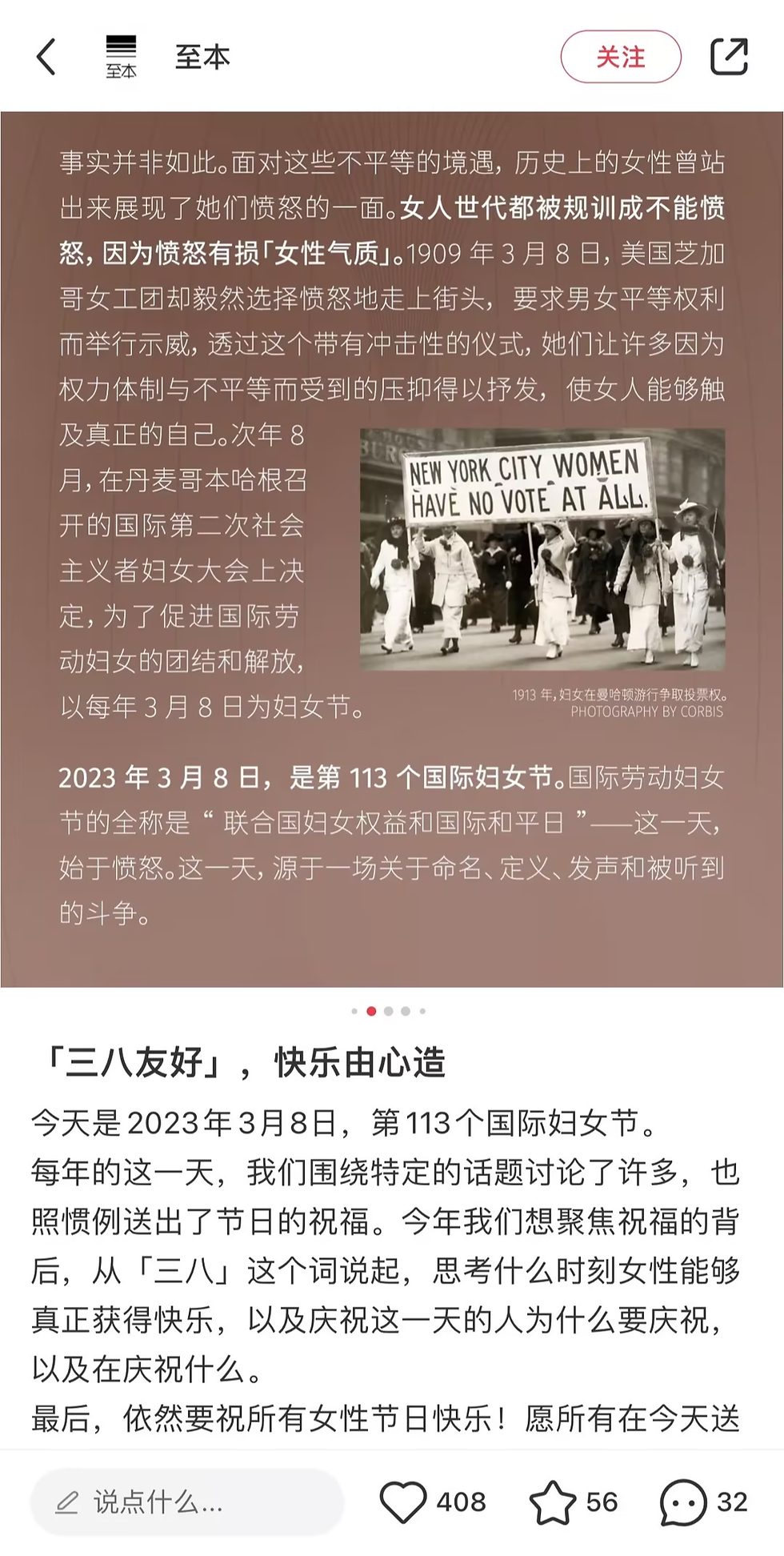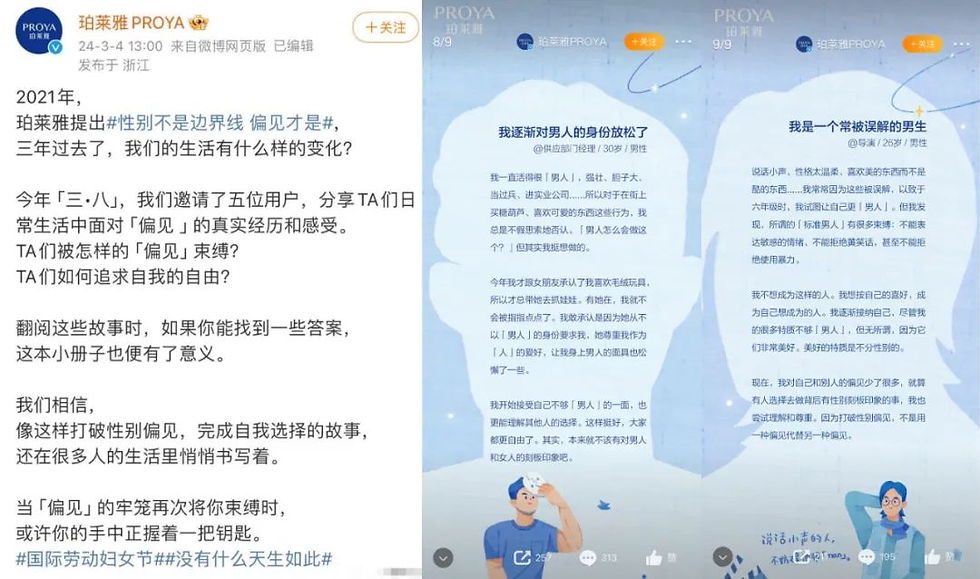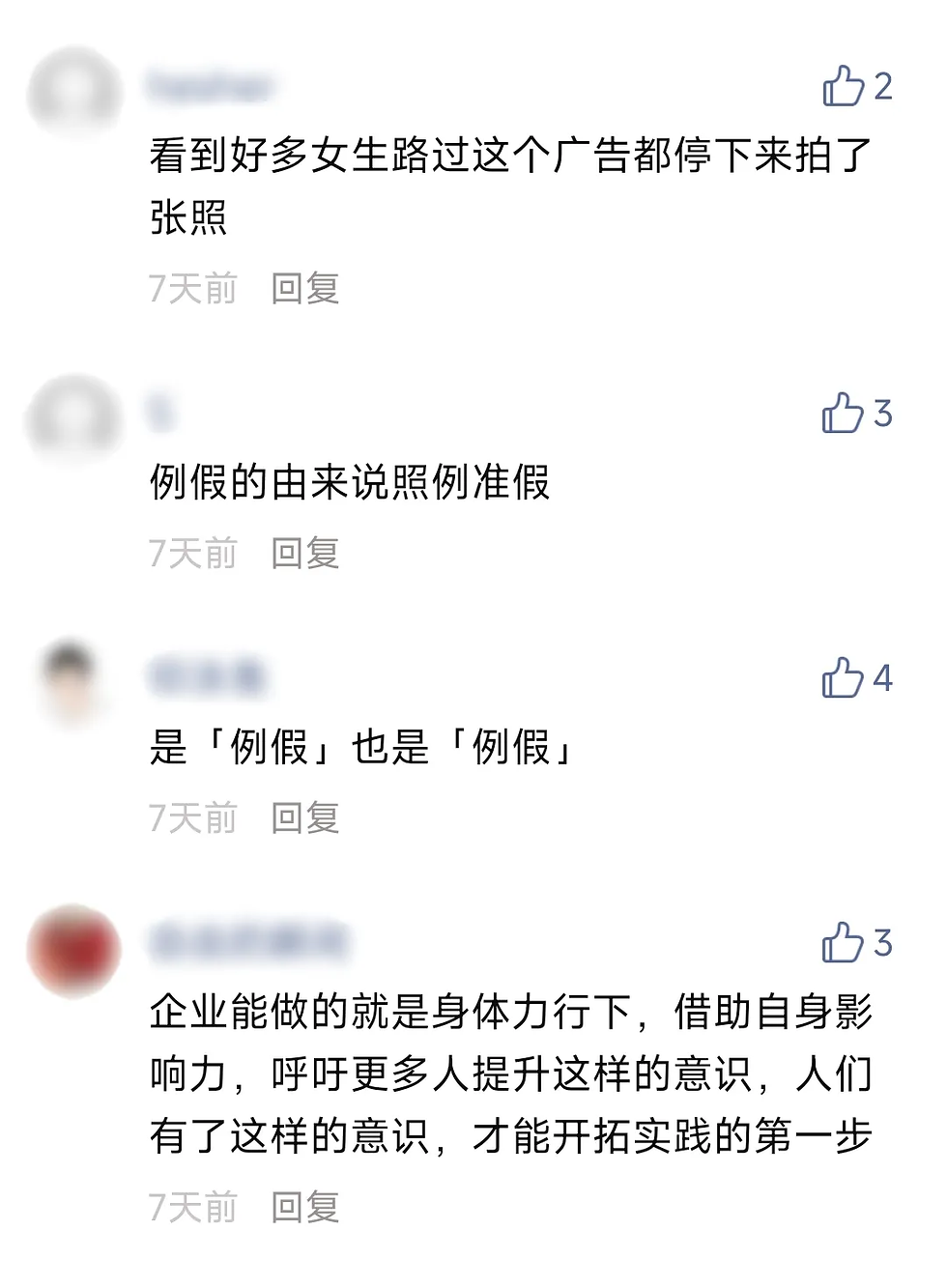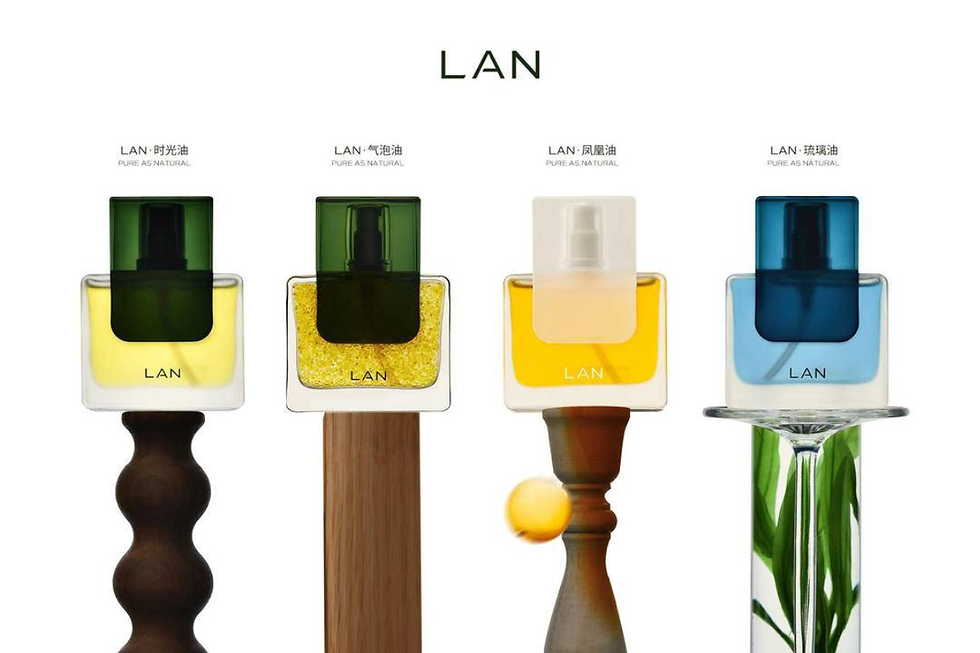INSIGHTS | Femvertising Playbook in China: Selling Empowerment
- wanyixu
- Mar 29, 2024
- 5 min read
Updated: Aug 27, 2025
On each year's Women's Day (March 8th), there are always a few brands that get criticized for their controversial "femvertising" campaigns. Shouting slogans may have worked in the past, but nowadays, smart consumers can spot "pinkwashing" campaigns that use feminism for marketing without genuine support for women. A marketing blunder that ignores women's needs can backfire big time, and damage your brand reputation.

At Double V Consulting, we have a youthful, all-female team dedicated in sustainable brand marketing strategies. In this article, we delve into the world of "femvertising" by analyzing some positive and negative campaign cases that we observe during this year's Women's Day. We aim to offer marketers a more nuanced female perspective.
01
THE DISAPPEARING
WOMEN'S DAY
During Women's Day promotions, we often see names such as "Female's Day", "Girls' Day", or "Goddess Day" because the term "women" in Chinese may lead to associations with "aging," "lack of charm," or being solely focused on family responsibilities. To attract younger female customers, e-commerce platforms directly refer to them as "girls" or "goddesses," hence the different names for these holidays.
However, these names are a misunderstanding towards Women's Day. The International Women's Day was born to raise awareness of women's rights and advocate for equality in areas such as job opportunities, wages, education, and political participation. On this year's Women's Day, we noticed that customers are paying more attention to the name of the holiday on social media.

▲ Image via Xiaohongshu @马樂戈紫霸
Do not use disrespectful terms for International Women's Day
This led to critical voices to the “Goddess Day” promotion initiated by Tmall, the leading online marketplace under Alibaba. Some brands noticed the social buzz and started to use the term "Women's Day" instead of other terms in their campaigns.
This year, ZhiBen, a new Chinese skincare brand, talked about the meaning of International Women's Day in its ads, showing respect for the day. This is what female customers appreciate.

▲ Image via Xiaohongshu @至本
Promoting Women's Day origin helps people understand
02
PROYA'S
FEMVERTISING MISUSE


▲ Image via Weibo @珀莱雅PROYA
Proya's misuse of femvertising led to public criticism
On this year's Women's Day, one of the most surprising missteps came from Proya, a top Chinese skincare brand that has always been popular among female consumers for its successful femvertising campaigns.
Proya continued its well-known slogan from previous years: "Gender is not a boundary, bias is." (We wrote about this campaign in our previous articles. Click here to read more). The brand invited 5 customers to share their personal experiences of gender bias.
Surprisingly, 2 of these customers were male. One male user faced bias for having a soft voice, gentle personality, and love for beauty, while another faced bias for having a strong physique but enjoying stuffed toys. This content marketing received strong criticism from female users.
●Women's Day - A Sensitive Timing: Women's Day is a special time to celebrate women's achievements and advocate for their rights. However, it's important to remember its historical significance. Focusing too much on men during Women's Day events can take away from the day's essence and support for women.
● Misunderstanding Gender Equality: Gender equality means ensuring equal rights and opportunities for everyone in society, not necessarily equal attention to every gender in every situation. It's crucial to highlight marginalized groups and address their unique challenges. While Proya's attempt to balance gender expression is commendable, it may not have prioritized women's voices when needed.
● Mixed Images from Proya: Proya has a history of successful campaigns for women's issues. However, their recent attempt to balance gender expression might confuse their brand values and commitment.
03
FEMINISM OR CONSUMERISM?

▲ Image via Xiaohongshu @Para_doxon
Despite Proya's strong marketing in recent years, some users hope to see the brand fail

▲ Image via Xiaohongshu @一瓶冰镇果子酒
Some people are skeptical about feminist marketing
After seeing too many femvertising marketing failures, some customers think brands use feminism just to sell, not genuinely caring about women. Brands that heavily rely on femvertising face higher public expectations. Choosing feminism as part of your brand values requires caution, as failure can cause a serious PR crisis.
Fortunately, more brands are realizing this issue and taking action instead of just using slogans or ads.
● Go Beyond Slogans, Take Real Actions: In 2021, an emerging Chinese cosmetics brand ukiss gave away 1000 near-expired lipsticks to help girls cover up egg donation ads on restroom doors, preventing financially disadvantaged girls from making wrong choices.

▲ Image via @Ukiss
Removing egg donation ads in the restroom helps others
This year, Chinese leading personal care brand PurCotton teamed up with the China Women's Development Foundation for the "Nice For Her" campaign, offering sanitary pad boxes in restrooms, health classes, and charity donations. These actions focus on consumers' real needs by eliminating the longstanding menstrual shame in society.

▲ Image via @PurCotton
Many Chinese girls feel ashamed of menstruation but brand initiatives can boost their confidence in health and gender
● Workplace Gender Equality: Being female-friendly isn't just about external marketing. Companies can also focus on providing equal opportunities and a balanced work environment for female employees. Nowadays, the new generation of customers not only passively receive messages from marketing campaigns, but also actively discuss the company background, the founder, and the employees on social media. When a brand's actions align both internally and externally, it truly portrays a female-friendly image.

▲ Image via @女职工和未成年工特殊保护
Women suffering from menstrual pain are protected under China's labor law
The Chinese office software brand DingTalk is committed to improving the workplace. On Women's Day, DingTalk highlighted a special protection in China's labor laws for women with menstrual pain. This shows the brand's support for women in the workplace.


▲ Images via @DingTalk
DingTalk shared an unknown labor law detail, and users liked it
04
FEMINISM BOOK
RECOMMENDATIONS
Femvertising marketing can either boost a brand or damage it. The most important thing is to truly understand your female customers. Here we recommend some books such as Caroline Criado Perez's "Invisible Women", Rebecca Solnit's "Men Explain Things to Me", and Mary Beard's "Women & Power: A Manifesto" to help you delve into women's real experiences so you can truly address their pain points.

05
DOUBLE V CONSULTING'S TIPS
FOR FEMVERTISING
If you are a brand targeting female customers, we strongly suggest you to:
● Research your customers and truly understand their needs before launching femvertising campaigns.
● Trust your female team to lead the femvertising campaigns.
● Brands need to measure the results of a campaign, but sales isn't the only result. Those with values of goodness in branding, marketing, and business are more genuine and more likely to gain consumer recognition. Brand reputation is invaluable and hard to measure in a single campaign.
"Marketing for Good" has always been Double V Consulting's company value. If you would like to learn more about Chinese female consumers and how brands can connect with them through effective "femvertising" campaigns, please feel free to reach out to us.



Comments